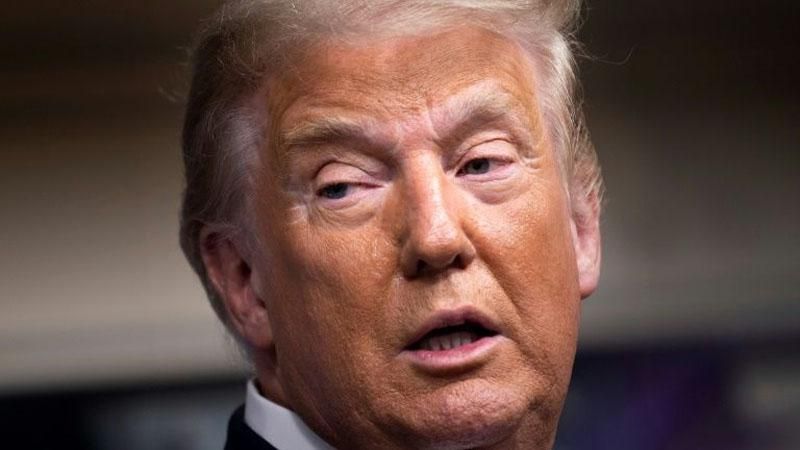Donald Trump will go to trial before the 2024 election on charges involving accusations of election meddling and conspiracy, a group of three legal experts wrote in an editorial.
According to Norman Eisen, Joshua Kolb and Fred Wertheimer, Trump will still likely go to trial before November despite the pause for the Supreme Court to take up the presidential immunity case. The court announced Wednesday that it would consider the case in April.
"The real question is whether the court will unduly delay resolution of the appeal and push a verdict past Election Day. To reward Trump’s open strategy of delay would be a catastrophe, for both the court and the nation," they wrote.
But in his promotion of the piece on social media, Eisen believes the Supreme Court is splitting the baby.
"It’s a compromise between one wing of the court that wanted to dismiss the case out of hand and another that wanted to hear the case in the normal course (which could have meant this fall!)" he said.
It doesn't mean the far-right members of the court didn't flex their muscles, and that's why he thinks they should be criticized.
ALSO READ: ‘Grab any cheerleaders?’ Fans decry Trump’s S.C. football appearance as a ‘terrible look’
"Because this case is a dead loser," wrote the former impeachment lawyer.
The legal analysts explained that, in just two paragraphs, the justices gave three important clues.
"First, the court was clear it is interested only in whether former presidents are immune from prosecution, thus following the D.C. Circuit in explicitly cutting off more difficult questions about sitting presidents. Second, the court asked not just whether a former president is immune but also 'to what extent,' suggesting that official acts may not fully immunize a president — a measure short of the absolute immunity Trump was seeking."
Finally, "The court framed the question as being decided based on 'conduct alleged' — that is, on the allegations in the indictment and not, therefore, requiring remand to a lower court and a protracted evidentiary hearing," the piece explained.
There hasn't been a trial yet to decide whether Trump is guilty or innocent, so the crimes are still considered "alleged."
Kolb, a former law clerk on the Senate Judiciary Committee, explained that the most important issue they address is the timing issue.
The lawyers suggest that if the Court truly wants to give deference to the American voting electorate, they could finish briefs by April 8 and hear oral arguments the week of April 22. Typically, that means the justices would have a decision by June, and the trial could start in late September.
Wertheimer, founder and president of Democracy 21, stood with his fellow columnists to say that once the Supreme Court decision is finalized, Judge Tanya Chutkan should immediately lift the stay and the trial could be scheduled within eight to 12 weeks.
It "could still mean a verdict before the election," they wrote.
Read the full explainer here.
